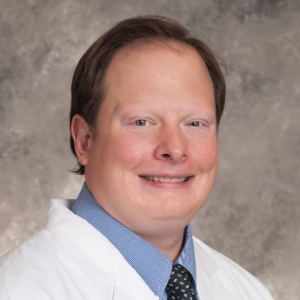Abstract:
Lipids are key regulators of the growth and differentiation of intestinal epithelial cells, including intestinal stem cells (ISC). High-fat diets and obesity are serious risk factors for gastrointestinal cancers in humans. Sterol regulatory element-binding proteins (SREBPs) are transcription factors that control lipid synthesis and uptake in the intestine. Our recent studies have shown that SREBPs and their major products, sterols (from SREBP-2) and unsaturated fatty acids (from SREBP-1) have a critical role in sustaining growth of the intestinal epithelia: (1) The loss of Scap, which controls intracellular cleavage events required for SREBP activation, reduces lipid synthesis and causes a lethal intestinal injury in mice characterized by a loss of intestinal crypts, which house ISCs. (2) When SREBP-2 is inactivated in intestinal epithelium, hyperplasia of intestinal crypts and hypertrophy of the intestine results. In SREBP-2 knockouts, sterol synthesis falls while unsaturated fatty acid synthesis does not, owing to an increase in SREBP-1. (3) Despite this overgrowth phenotype, ablation of SREBP-2 in intestinal epithelia of mice blocks the formation of adenomas caused by mutant APC. These findings indicate that SREBPs govern intestinal epithelial homeostasis in complex ways. SREBPs maintain homeostasis of intestinal epithelia by producing specific, yet-to-be identified lipid metabolites that sustain the proliferation of ISCs. These pathways control intestinal organ size and malignant potential, which bears on human diseases of under- or over-proliferation of the intestine, such as short gut syndrome and colorectal cancer, the 3rd most common cause of cancer death in the U.S.




